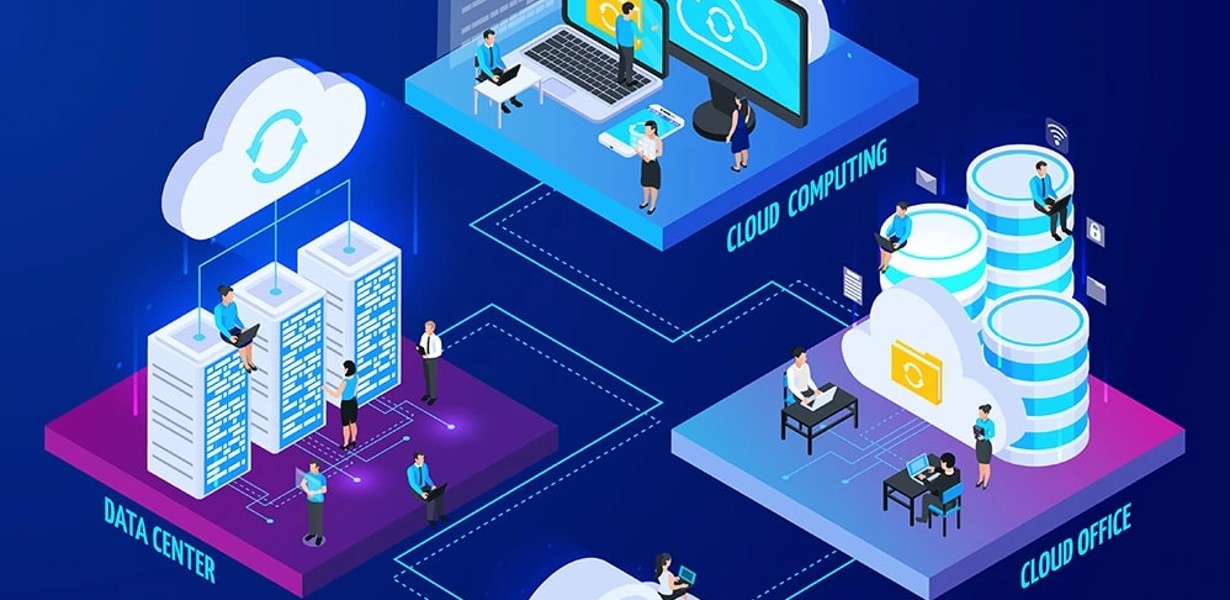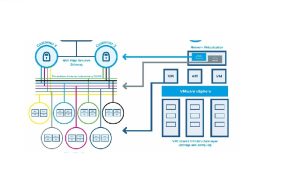
In the ever-evolving landscape of cloud hosting, the emergence of microservices is revolutionizing the way applications are developed and deployed. These lightweight, independent services are reshaping clustered cloud hosting in 2022 and beyond. In this comprehensive exploration, we’ll delve into the world of microservices and how they are supercharging clustered cloud hosting.
A Glimpse into the Cloud Hosting Evolution
The hosting of applications and services in the cloud has come a long way from traditional monolithic architectures. The need for scalability, flexibility, and rapid development in today’s digital age has led to the rise of microservices.
Unveiling Microservices
Microservices are a software architecture approach where applications are broken down into small, self-contained services. These services can be developed, deployed, and scaled independently, bringing a multitude of benefits to clustered cloud hosting.
Scalability at its Core
One of the core advantages of microservices is their scalability. Each microservice can be individually scaled to meet the demands of the application, making it an ideal choice for handling varying workloads.
Enhanced Fault Tolerance
In a clustered cloud hosting environment, microservices provide improved fault tolerance. If one microservice fails, it doesn’t bring down the entire application, ensuring high availability.
Rapid Development and Deployment
Microservices enable rapid development and deployment. Teams can work on individual services, speeding up the development process and reducing time-to-market.
Real-world Applications
Let’s delve into how microservices are transforming clustered cloud hosting in practical scenarios.
E-commerce
In e-commerce, microservices enable seamless scaling during peak shopping seasons. Each aspect, such as product catalog, cart management, and payment processing, can be managed independently.
Social Media Platforms
Social media platforms use microservices to handle millions of users, each with their own data and activity streams. This architecture ensures smooth user experiences even during traffic spikes.
Online Banking
Online banking applications use microservices for security and scalability. User authentication, transactions, and account management are treated as separate services, enhancing security and performance.
Challenges and Considerations
While microservices offer numerous benefits, there are challenges that organizations must consider.
Increased Complexity
Managing a large number of microservices can lead to increased complexity. Organizations need robust monitoring and orchestration tools to handle this complexity effectively.
Data Management
Handling data consistency and integration between microservices can be challenging. Proper data management strategies are essential to avoid data-related issues.
Security
Security becomes more complex in a microservices environment. Organizations need to implement strong authentication, authorization, and encryption mechanisms.
Final Words
The rise of microservices is supercharging clustered cloud hosting, providing businesses with the agility and scalability they need to thrive in the digital age. As more organizations adopt this architecture, we can expect to see continued innovation in application development and deployment.
Commonly Asked Questions
Q1: What are microservices, and how do they differ from monolithic architecture?
Microservices are small, independent services that make up an application. They differ from monolithic architecture, where an entire application is built as a single, complex unit.
Q2: What are the key benefits of using microservices in clustered cloud hosting?
The key benefits of using microservices in clustered cloud hosting include scalability, enhanced fault tolerance, and rapid development and deployment.
Q3: How do organizations manage the increased complexity of microservices?
Organizations manage the increased complexity of microservices through effective monitoring, orchestration tools, and a well-defined architecture.
Q4: Are there specific industries that benefit the most from microservices?
Industries such as e-commerce, social media, and online banking benefit significantly from microservices due to their scalability and fault tolerance.
Q5: What security considerations are important when implementing microservices?
Important security considerations for implementing microservices include authentication, authorization, encryption, and proper data handling.
Advertisement







